LOTS of DEXCOM NEWS …
Dexcom reports another record year of new customers amid continued demand for G6 device by Elise Reuter for MedTechDive.com, 9 February 2023.
 Dexcom said it recorded another record year of new customer starts in 2022, bolstered by continued demand for its G6 continuous glucose monitor.
Dexcom said it recorded another record year of new customer starts in 2022, bolstered by continued demand for its G6 continuous glucose monitor.
The maker of diabetes devices added about 450,000 new users in 2022 for a total of 1.7 million customers globally, CEO Kevin Sayer said on an earnings call on Thursday. That helped the San Diego-based company return to profit in the fourth quarter and post double-digit growth in its full-year revenue and net income.
“It will take some time for our new manufacturing lines to scale. Importantly, this is a temporary dynamic,” CFO Jereme Sylvain said on the call. “We still expect G7 product costs to be less than G6 at scale.”
Read more: Dexcom reports another record year of new customers
*********************************************************
Dexcom secures Medicare coverage for G7 CGM by Elise Reuter for MedTechDive.com, 13 February 2023.
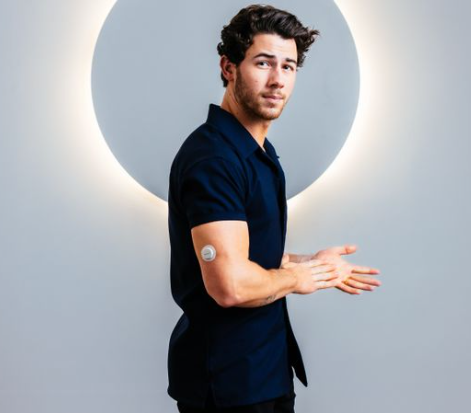 Dexcom, one of the world’s biggest diabetes tech companies, said it secured Medicare coverage ahead of the planned launch of its G7 continuous glucose monitor on Feb. 17.
Dexcom, one of the world’s biggest diabetes tech companies, said it secured Medicare coverage ahead of the planned launch of its G7 continuous glucose monitor on Feb. 17.
The Dexcom G7 will be accessible to all Medicare patients with diabetes who meet the eligibility criteria when the system launches, the company said in a statement on Monday.
The decision by the CMS will include coverage for people with Type 1 and Type 2 diabetes who are on intensive insulin therapy, which Dexcom wasn’t expected to secure until the end of the first quarter or early in the second quarter
Read more: Dexcom secures Medicare coverage for G7 CGM
*********************************************************
Dario Partners to Integrate Dexcom CGM Data by DarioHealth Corp. for PRNewsWire.com, 8 February 2023.
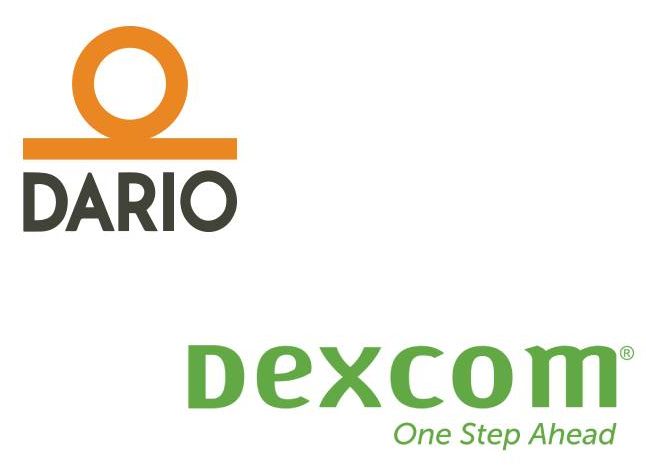 DarioHealth Corp. announced today an agreement with Dexcom to integrate its market-leading CGMs, into Dario’s multi-chronic condition platform. This agreement enables the integration of data from Dexcom CGMs directly into Dario’s metabolic solution, making it easy for people using the wearable device to benefit from Dario’s highly personalized support.
DarioHealth Corp. announced today an agreement with Dexcom to integrate its market-leading CGMs, into Dario’s multi-chronic condition platform. This agreement enables the integration of data from Dexcom CGMs directly into Dario’s metabolic solution, making it easy for people using the wearable device to benefit from Dario’s highly personalized support.
Dario’s integrated digital health solution provides highly personalized support for people living with chronic conditions by using clinical, engagement, and behavioral data to adapt each user’s experience over time. Data from glucose monitoring devices such as Dario’s proprietary smart meter and now Dexcom CGMs enable highly personalized journeys that guide users to the most effective and engaging path to better health.
Read more: Dario Partners to Integrate Dexcom CGM Data
AND a bunch of Insulet News …
Insulet Acquires Insulin Pump Patents from Bigfoot Biomedical as Both Companies Prioritize Improved Insulin Delivery Technologies by BusinessWire.com, 13 February 2023.
 Insulet Corporation, the global leader in tubeless insulin pump technology with its Omnipod brand of products, and Bigfoot Biomedical, a leader in developing intelligent connected injection support systems, today announced Insulet has acquired assets related to Bigfoot’s pump-based automated insulin delivery (AID) technologies. Insulet paid $25M for the acquisition, which includes certain Bigfoot patents related to pumps that may be used for AID therapy.
Insulet Corporation, the global leader in tubeless insulin pump technology with its Omnipod brand of products, and Bigfoot Biomedical, a leader in developing intelligent connected injection support systems, today announced Insulet has acquired assets related to Bigfoot’s pump-based automated insulin delivery (AID) technologies. Insulet paid $25M for the acquisition, which includes certain Bigfoot patents related to pumps that may be used for AID therapy.
The transaction further strengthens Insulet’s intellectual property (IP) portfolio and provides Bigfoot with additional capital to expand its Bigfoot Unity Diabetes Management System to more people in need of connected insulin injection support technologies. The transaction also includes fully paid-up licenses between the parties in their respective business fields with respect to the acquired patents and other Bigfoot patents.
“As we develop innovative products for people with insulin-requiring diabetes, we continue to invest heavily in pump and automated insulin delivery technologies,” said Eric Benjamin, Insulet’s Executive Vice President of Innovation, Strategy, and Digital Products. “Bigfoot has made valuable contributions to the industry through many years of research and development in these fields and we are thrilled to acquire these assets. Insulet has substantially strengthened its IP portfolio organically over the past few years. And with this acquisition, we approximately double our already strong IP portfolio.”
Read more: Insulet Acquires Insulin Pump Patents from Bigfoot Biomedical
*********************************************************
Insulet acquires assets of Automated Glucose Control for $25M by Sean Whooley for MassDevice.com, 14 February 2023.
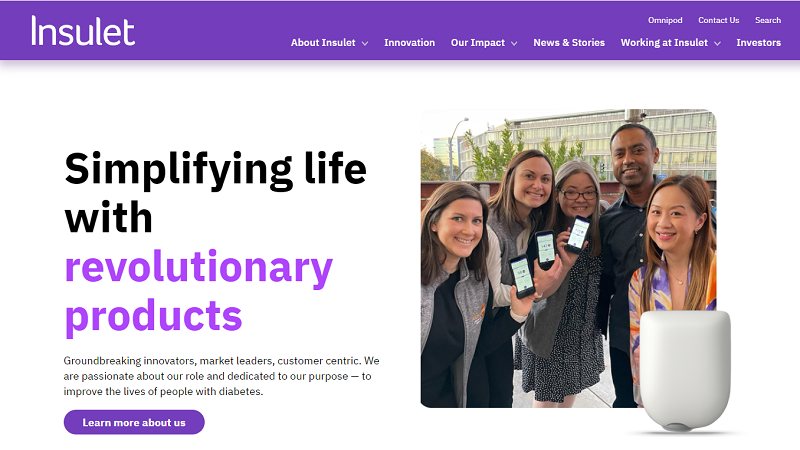 Insulet announced that it acquired the assets of Automated Glucose Control, a developer of insulin delivery technology. This marks the second asset buy in as many days for Insulet. The company picked up automated insulin delivery patents from Bigfoot Biomedical. Both acquisitions cost the company $25 million.
Insulet announced that it acquired the assets of Automated Glucose Control, a developer of insulin delivery technology. This marks the second asset buy in as many days for Insulet. The company picked up automated insulin delivery patents from Bigfoot Biomedical. Both acquisitions cost the company $25 million.
Palo Alto, California-based Automated Glucose Control (ACG) focuses on developing and commercializing best-in-class automated insulin delivery (AID) technology. Insulet develops its own AID platform, with the Omnipod 5 representing the latest iteration, having received FDA clearance last year.
Read more: Insulet acquires assets of Automated Glucose Control for $25M
About Surf Bio
 Surf Bio is a preclinical biopharmaceutical company leveraging a breakthrough next-generation surfactant to develop enhanced therapeutic solutions for diabetes, oncology, infectious diseases, gene therapy, and other therapeutic areas.
Surf Bio is a preclinical biopharmaceutical company leveraging a breakthrough next-generation surfactant to develop enhanced therapeutic solutions for diabetes, oncology, infectious diseases, gene therapy, and other therapeutic areas.
As the first application of the technology, Surf Bio is developing a novel, ultra-rapid insulin for the treatment of diabetes. In parallel, Surf Bio is partnering with pharmaceutical and biotech companies to incorporate the novel stabilization platform into their proprietary products.
Launched by the founders of Bigfoot Biomedical and Mode AGC, Surf Bio was founded to commercialize a breakthrough drug stabilization technology developed in the Appel Lab at Stanford University. Commercially, the technology is designed to enable the reduction of refrigeration requirements, the transition from IV to subcutaneous therapy, and novel pharmaceutical formulations across a range of therapeutic areas.
Read more: Surf Bio
Abbott device approval sets up battle with Medtronic, Nevro for diabetic peripheral neuropathy treatment by Elise Reuter for MedTechDive.com, 6 February 2023. Three firms are bringing their devices to a $3 to $5 billion market, aiming to relieve a painful side effect of diabetes.
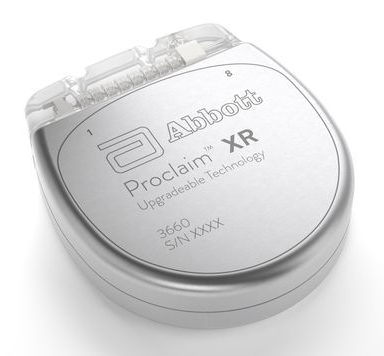 FDA approved an expanded indication for Abbott Laboratories’ spinal cord stimulation device as a therapy for diabetic peripheral neuropathy. Abbott’s Proclaim XR spinal cord stimulation device was first approved to treat chronic pain in 2019. The expanded approval now has it fighting for share with Nevro, which specializes in spinal cord stimulation, and Medtronic, one of the largest medical device makers by revenue.
FDA approved an expanded indication for Abbott Laboratories’ spinal cord stimulation device as a therapy for diabetic peripheral neuropathy. Abbott’s Proclaim XR spinal cord stimulation device was first approved to treat chronic pain in 2019. The expanded approval now has it fighting for share with Nevro, which specializes in spinal cord stimulation, and Medtronic, one of the largest medical device makers by revenue.
Abbott’s large existing customer base in diabetes “does provide them a bit of leverage in this market”. Medtronic also has substantial diabetes and neuromodulation businesses. Both companies have large sales forces that could potentially outpace Nevro, which is a smaller company. 
About 2.5 million patients could be in the “prevalence pool” based on Abbott’s estimates that 34.2 million people in the U.S. have diabetes, about 20% of them will develop painful diabetic neuropathy and about half of them won’t respond to treatment.
Phthalate exposure linked to diabetes for midlife white women by Erin T. Welsh for Healio.com/endocrinology, 8 February 2023.
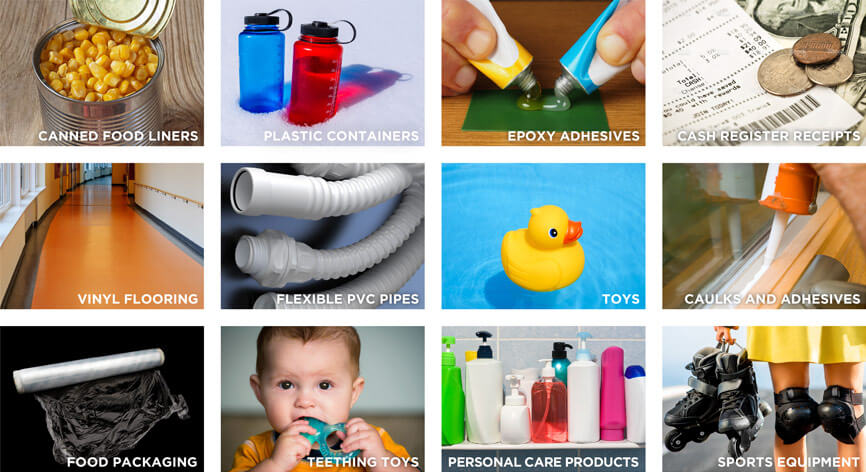 Among midlife women participating in a large longitudinal study, certain phthalate metabolites were associated with higher diabetes incidence over 6 years — but only among white women, according to data published in The Journal of Clinical Endocrinology & Metabolism.
Among midlife women participating in a large longitudinal study, certain phthalate metabolites were associated with higher diabetes incidence over 6 years — but only among white women, according to data published in The Journal of Clinical Endocrinology & Metabolism.
“Because [the past 6 decades] of increasing diabetes prevalence coincided with the increasing use of synthetic chemicals in industry and commerce, and many synthetic chemicals were found to disrupt energy and glucose metabolism in experimental models, exposure to metabolism-disrupting chemicals has been hypothesized to contribute to diabetes,” said Mia Q. Peng, MPH, BSc, a doctoral student in the department of epidemiology at the University of Michigan School of Public Health.
From the Centers for Disease Control and Prevention National Biomonitoring Program, the Phthalates Factsheet indicates that phthalates are a group of chemicals used to make plastics more durable. They are often called plasticizers. Some phthalates are used to help dissolve other materials. Phthalates are in hundreds of products, such as vinyl flooring, lubricating oils, and personal-care products (soaps, shampoos, hair sprays). Some phthalates are in polyvinyl chloride plastics, which are used to make products such as plastic packaging, garden hoses, and medical tubing. People are exposed to phthalates by eating and drinking foods that have contacted products containing phthalates. Some exposure can occur from breathing phthalate particles in the air. Phthalates Factsheet
Read more: Phthalate exposure linked to diabetes for midlife white women


that is a bunch of news. I fear for the future of BigFoot. Selling assets like that makes me believe that we are seeing the final towel in what might have been. 25 million? They had to be burning that each year at least.
No doubt the best news in your column, today s that dexcom got CMS approval first off. YES !!!!!!!!!!!!!!!!!